Paris 2024: Hiding The Homeless And A Leadership Knockout Round
The budget is looking tight, so please buy 10,000 Olympic coffee mugs at Carrefour.
As the drumbeat of the Olympic Games grows louder, Parisians are starting to get a taste of the event’s grand traditions.
There is the planning of the torch relay. The preliminary events to decide who will compete. The political in-fighting over the preparations. The backlash against soaring costs. The outrage over ticket prices. The freakout over security measures.
Most importantly, there is the ritual herding of the homeless and other poor people into little boxes hidden from sight for the duration of the Games to create the temporary appearance of an urban utopia that looks pretty on TV.
When one is planning a major global sporting event to attract hundreds of thousands of visitors, it turns out that poor people selfishly taking up space in low-income housing are a real nuisance. The owners of these properties are planning to jack up rates during the Olympics, and they’re not about to let a bunch of poor and homeless wreck a good thing.
So the French government is trying to figure out where to send them. The poor, not the property owners.
According to Le Monde, “From mid-March, the government began asking officials around France to set up ‘temporary regional accommodation facilities’ that could handle an outflux of homeless people from the capital, many of them are migrants.”
Olivier Klein, France's junior housing minister and deputy of human empathy, has explained to lawmakers that, “Many low-end hotels that authorities use to provide emergency accommodation to homeless people plan to rent their rooms at market rates to sports fans and holidaymakers.”
In addition to the Games, France is also hosting the Rugby World Cup starting in September. With those hotels taking up to 4,000 rooms off the market for those events, the government would like to ship many of these folks to regions outside of Paris.
To the surprise of perhaps no one, these non-Parisian regions are not super thrilled about the idea of Paris putting its tired, poor, huddled masses on buses and sending them to their non-Parisian regions. Just ask Yannick Morez, mayor of Saint-Brevin-les-Pins in western France, who resigned last month after his support for a center for asylum seekers in his town led far-right protestors to burn down his house.
Paris Mayor Anne Hidalgo is quick to remind everyone that it’s not the city pushing people out, but rather the lack of a more coherent national housing plan. “There is absolutely no question of chasing anyone from Paris. None at all. Nobody will be forced to leave, nobody will be obliged to go the other end of France,” she told The Guardian. “Paris will continue to play its part, but the state must solve this. For years I have asked the government to come up with a plan and they have not.”
Perhaps, but that hasn’t stopped police from clearing out a large migrant squat where 600 people were inconveniently seeking shelter just around the corner from the main Olympic Village. Like London, Beijing, and Brazil and, well, just about every Olympic venue, the games can be a great excuse for gentrification.
“In order to build a temporary space that represents ‘friendship between peoples,’ we are evicting a sustainable space and putting a whole population back on the streets,” Paul Alauzy, the coordinator of sanitary missions at Médecins du Monde, a health NGO, told New Lines. “It seems completely grotesque.”
France’s sports minister, however, warned against blaming the Olympics for all the social-economic problems in France.
“We shouldn’t make the Olympics the scapegoat of all our frustrations. It’s important not to distort the facts and blame the Olympic Games for all our social problems,” French sports minister Amélie Oudéa-Castéra told France 2 television, according to The Guardian. “I don’t want us to mix everything up. We do have major challenges over emergency shelter, but it’s not the Olympics’ fault.”
Passing The Baton
Otherwise, things are going like clockwork at the Olympics. Unless you count the abrupt resignation of the president of France’s Olympic Committee (CNOSF) Brigitte Henriques.
The former French soccer star announced her resignation late last month at the start of a general assembly meeting for the French Olympic Committee. While she gave her reasons at the meeting, the committee didn’t share them with the outside world.
However, Le Monde reported that: “The case that prompted Ms. Henriques to leave has become over time a complex web of accusations – mixing abuse of social good, psychological violence, defamation, excessive expenses or expense reports – between the president of the CNOSF, her predecessor, Denis Masseglia, and his former general secretary, Didier Séminet. The Paris prosecutor's office has opened two preliminary investigations.”
Indeed, her departure follows several months of controversy that had taken on soap opera-like dimensions.
Henriques had been the target of accusations by her predecessor, Denis Masseglia, 75, who had been calling for her resignation and threatening to file legal complaints for "abuse of social good" with financial regulators. He claimed Henriques had filed inappropriate expense reports for things like consulting services related to the Games.
Meanwhile, Henriques became embroiled in a legal fight with Didier Séminet, former president of the French Baseball (yes, Baseball) and Softball Federation. Henriques accused Séminet of "psychological violence" and "defamation" while Séminet filed a complaint against Henriques for “slanderous denunciation” and “abuse of social property.”
Just for kicks, Masseglia began denouncing Henriques publicly: “She has become not only my greatest enemy but the main ambassador of her own hatred towards me. It's sad!”
While the International Olympic Committee (IOC) typically stays out of such internal disputes, the IOC reportedly asked everyone to chill because this was not helping the Games’ image. Because if there is one thing we can say with absolute certainty, it’s that the Olympics Games have never been tarnished by corruption or controversy.
It’s unclear what finally prompted Henriques to go, but the Paris committee must now organize an election to choose her replacement.
“There is no winner today,” Sports Minister Oudéa-Castéra told Le Parisien. “But there can be a victory, that of the ethical and democratic leap of the CNOSF, which must now come together, bounce back… I have confidence in the resilience of French sport, and am more than ever by its side.”
The Price Tag
Otherwise, everything is fine. Just fine. More or less. Except for the budget, which has the IOC a tad nervous. RFI reported that IOC official Pierre-Olivier Beckers, the lucky dude looking over the shoulder of the Paris committee, “voiced concern about the work needed to balance the budget.”
The French national auditing agency published a report recently noting that "substantial uncertainties remain, notably for domestic partnerships." The Paris committee has hard a time closing a sponsorship deal with luxury giant LVMH.
Mayor Hidalgo told everyone to chill.
"Look at all the previous Olympics and Paralympics around the world, one year before the Games, generally it's stressful and people are saying 'we'll never manage this'. Well, we're ready," she said during a radio appearance. "We're on budget and we're on time."
Of course, one way to balance that budget is with ticket prices. Plenty of sports fans have been complaining about the steep costs of Olympic tickets. Organizers have responded by announcing they would give away 100,000 free tickets for people to watch the opening ceremony, which will see performers and country delegations float down the Seine River.
Another way to make enough Louis (the French word for Benjamins) to pay the bills is: Sell a ton of merch.
Partner Carrefour has begun setting up Olympic product sections in its 253 hypermarkets where customers can buy Paris 2024 T-shirts, caps, bucket hats, swimsuits, flip-flops, balls, and hoodies in the colors of the Olympic Games. These may or may not sport the image of the Games’ mascot which may or may not resemble a part of the female sexual anatomy.
To keep prices low, of course, these goodies were Made In France manufactured in Asia or Turkey.
“We created these products in six months, with around fifteen people internally, Carrefour’s Ève Zuckerman told Le Parisien. “We had to go very quickly to imagine the designs, develop the products, make choices... Offering products made in France at such prices was not feasible in the timing.”
Carrying A Torch
As if planning the Games is not enough of a logistical nightmare, organizers must also plan the Olympic torch relay. Per usual, the flame will be lit in Olympia, Greece and then it comes by boat to the port city of Marseille on May 8, 2024.
Along the way, the torch will be carried by 10,000 runners who will pass through almost 60 French departments, organizers recently announced. Torchbearers will be picked by the organizing committee, sponsors Coca-Cola and French bank BPCE, other Olympic partners, and the regions hosting the relay.
The official route will be unveiled later this month. Scuttlebutt is that the cauldron for the Games will be at the Eiffel Tower. But organizers weren’t saying for sure.
Swimming In The Seine
France’s $1.5 billion plan to make the polluted Seine River safe enough to host swimming events at the Olympics still faces big hurdles and many doubters just 15 months before the Games are scheduled to start.
One of the pitches Paris made to Olympic officials was that the Seine would be both the site of the opening ceremony and then be used for events such as the swimming portion of the triathlon. But swimming has been banned in the Seine since 1923 due to high levels of metal and fecal bacteria.
The portion of the city that the Seine cuts through is plagued by outdated plumbing in houses and offices that allows sewage to leak. At times of heavy rains, the filth on the streets washes directly into the river. And then there are the numerous boats that use the river and dump their sewage directly into the river.
As The New York Times recently noted, addressing these issues involves huge infrastructure projects to create a more robust sewage and runoff system. But it also involves going door-to-door and convincing thousands of owners to let crews overall their pipes. Even with offers of subsidies from the government, it can be a tough sell.
“It’s delicate,” Claire Costel, one of the project leaders, told The Times. “We can’t force them to open their doors.”
The pollution issues extend beyond the city limits with factories and other industrial sites contributing to the pollution. In 2019, officials said that a Rouen factory fire could dump toxic chemicals into the Seine. The following year a cement plant was accused of dumpling dangerous sludge into the river.
Even if officials manage to get pollution down to acceptable levels, they acknowledge that heavy rain during the games could undo those efforts. Such weather could pose other problems. In recent years, the Seine has been prone to extreme flooding, with water levels threatening to spill over the banks.
Despite these risks, Paris officials see the program as an important investment to transform the city well beyond the Olympic Games. Paris Mayor Anne Hidalgo has made reducing cars in the city center and improving air quality a cornerstone of her agenda.
As she pushes for more green spaces and bikes, she is hoping that the Seine will be eventually open to public swimming in 2025.
According to The Local, the city and region of Paris want to build 23 sites along the Seine, including 5 in the city and 18 in suburban zones. These pools would be placed in the river to provide protected swimming areas.
In a tweet, President Emmanuel Macron said that cleaning up the Seine could be one of the Games’ most important legacies.
“Make the Seine and the Marne swimmable,” Macron tweeted. “This is our objective for 2024. 1.4 billion euros invested, half of which by the State. At [500 days out], we are on track to achieve what will be one of the greatest legacies of the Paris 2024 Olympic and Paralympic Games.”
Chris O’Brien
Le Pecq



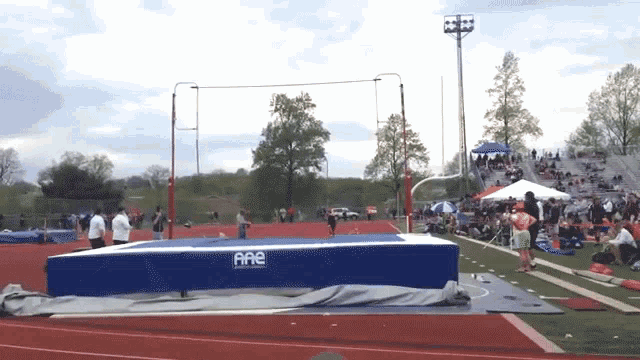
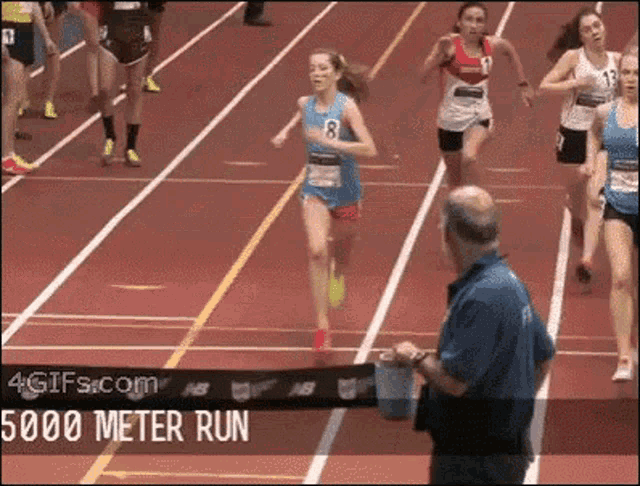
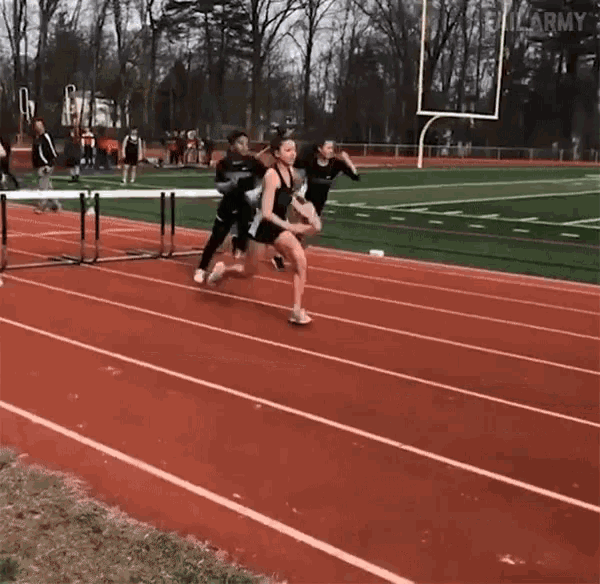
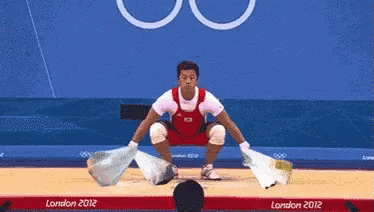
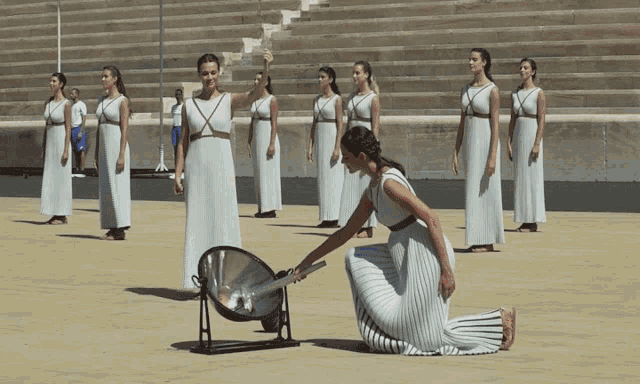
Ah, the French. Anyone who’s ever joined, tried to join, or tried to run an association in France knows there will be infighting. Everyone wants to lead. While I’m happy for the rugby, the money spent on hosting the Olympics could’ve been spent finding solutions to the homeless problem.